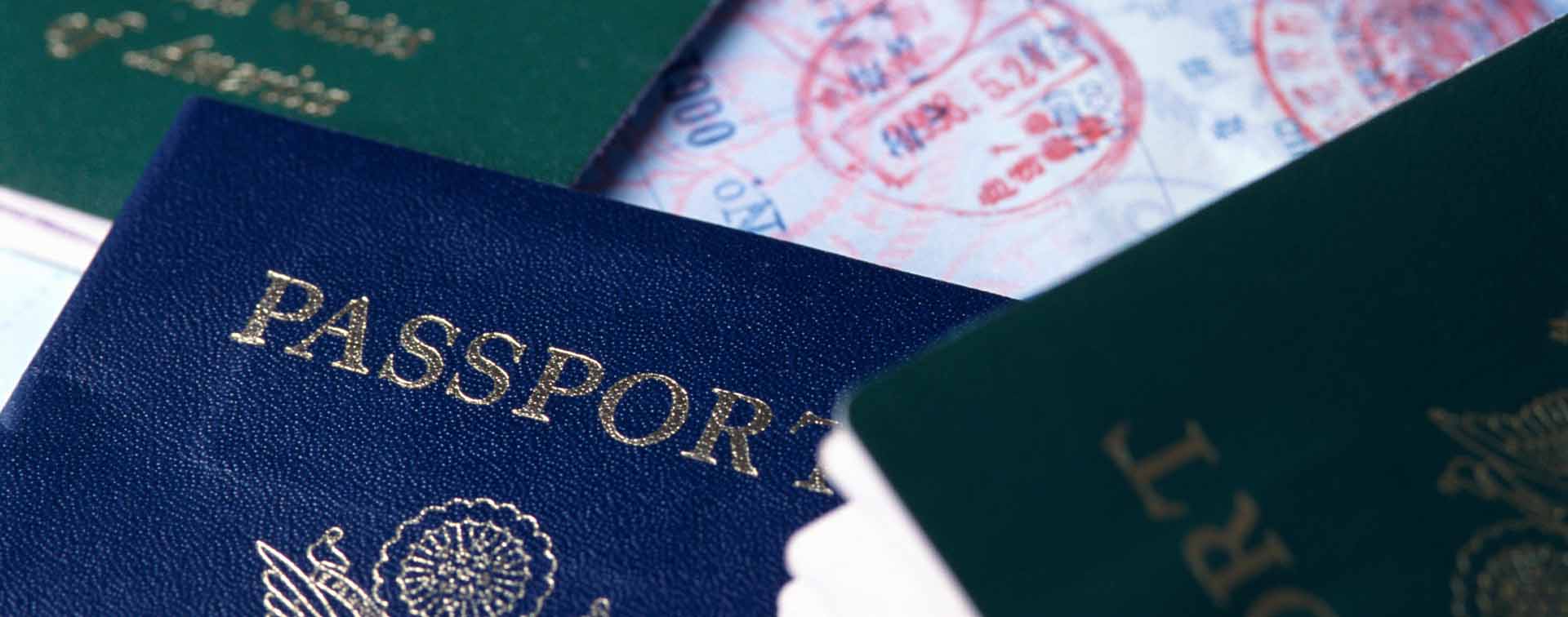
Dr. Christian H. Kaelin is Chairman of Henley & Partners. He is a global leader in investment migration and the inventor of the passport index concept.
Whether it is due to the number and range of destinations you can travel to visa-free, or the concomitant economic and personal freedoms you can enjoy as a result, in today’s volatile world, having alternative citizenships — and therefore additional passports — grants us greater global mobility, increased security, improved access to premium education, and more extensive business opportunities. As our latest research reveals, it also gives us the ability to safeguard wealth and it significantly enhances our prosperity.
More than being mere travel documents, the passports we hold dictate to a very large extent the opportunities available to us, the freedoms we enjoy, and the caliber of options within our reach. At this present moment, when our world is plagued by instability, economic decline, and socio-political volatility unlike anything witnessed since the Great Wars, the citizenships we do or do not hold are of increasing importance. As we stand at the crossroads of energy market disruptions, political upheavals, warfare, and financial crises that are simultaneously erupting on the global stage, there is a compelling need for international investors to enact robust wealth protection plans for tomorrow. Affluent individuals are now focusing on shielding their assets from future risks and crafting the legacies they wish to leave behind for their families.

For those with the means to do so, securing more than one citizenship has immense value, even if they already hold a premium passport. It is the ultimate safeguard against all eventualities, and the more passports we hold, the more diversified our family’s insurance will be. A stronger passport is not simply about greater freedom of movement, it is also about greater financial freedoms for ease of conducting business and international banking and investment, as well as entrepreneurial opportunities.
Cross-country visa-free access to more stable economies helps investors mitigate country- or jurisdiction-specific risks. Securing greater access to the world’s main markets by investing in additional residences and citizenships, with their long-term residence permits and passports, is advantageous as it extends the range of what is available to us and our families. Compared to what can be gained through international trade, the options that arise by having unrestricted physical access to multiple jurisdictions via investment migration programs are far greater, as they include unique benefits that cannot quickly or easily be replicated elsewhere, such as sophisticated banking, state-of-the-art infrastructure, premium education, and top-tier healthcare.
According to the latest Henley Passport Index, which scores passports according to the number of destinations a passport holder can access visa-free or with a visa-on-arrival, the highest-ranking passports are those of Japan, Singapore, South Korea, Germany, and Spain, each granting its citizens access to between 190 and 193 destinations internationally.
Although there is minimal variance in the number of destinations their holders can access visa-free, there are notable contrasts between the five top passports on the index if we consider how much of the global economy their holders can access without the inconvenience of having to arrange a visa in advance. In exclusive new research, we have calculated the percentage of the world’s GDP that the holders of each passport on the Henley Passport Index can access without requiring a visa. We have called this value out of 100 the Henley Passport Power score.
To illustrate: top-ranking Japan’s passport guarantees its holders visa-free access to 193 destinations and has an impressive Henley Passport Power score of 98%, whereas 2nd-ranked South Korea’s passport gives its holders visa-free access to 192 destinations (just one less than Japan) but has a significantly lower Henley Passport Power score, with access to 81% of global GDP. Singapore is also ranked 2nd with a visa-free score of 192, yet its Henley Passport Power score is higher than South Korea’s, at 89%.
History has shown that countries such as those that occupy the upper echelons of the Henley Passport Index, with more open economies that encourage foreign investment and international trade, tend to grow faster, are more innovative and productive, and provide higher income and more opportunities to their citizens. Conversely, the reverse holds true. There are developing nations with significant and growing private wealth that have not yet built the geopolitical, diplomatic, and trade relationships that enable their governments to sign visa waivers with other countries that lead to visa‑free travel, which places their citizens at a disadvantage.
For example, South Africans sit somewhere in the middle of the global mobility spectrum with access to 106 destinations visa-free, which seems relatively high at almost 50% of the globe, but their passports give them access to only 15% of global GDP. Entrepreneurial Nigerians have a passport with access to just 46 destinations visa-free and a far lower Henley Passport Power score of a mere 1%. Filipinos have a visa-free score of 67 and a Henley Passport Power score of just 9%, while Indians are even worse off with a visa-free score of 59, giving them access to only 7% of the global economy.
This ground-breaking new work into passport power further confirms our previous findings that a country’s income and fragility levels have a significant influence on its passport strength. What emerges is that passport power is more than a mere numbers game — rather than looking at the number of destinations alone, digging deeper reveals a far more nuanced view of what each citizenship provides or does not provide to its holders.
In this interconnected global economy, having the optionality to live in a country of your choice and to hold a residence permit or passport that enhances your ease of travel and your ability to ‘operate from anywhere’ has become almost mandatory for international investors and their families. As William Orville Douglas, renowned for being one of the US Supreme Court’s most liberal justices, aptly said, “freedom of movement is the very essence of our free society…once the right to travel is curtailed, all other rights suffer”.[1]
These words resonated at the height of the pandemic, when almost every international border was shut and even top-ranking passports on the Henley Passport Index lost their global mobility power. Now that travel is heading back towards pre-pandemic levels, entrepreneurs, investors, and C-suite executives are reminded just how vital it is to hold powerful passports, most significantly because they grant access to some of the world’s wealthiest markets, from Osaka to New York, and from Frankfurt, Singapore or Dubai to London.
As global investors are becoming more aware of the unique importance and power of a diversified passport portfolio, the governments of countries that host investment migration programs are realizing the value of their tailored investor immigration policies. Confronted with economic challenges at home and volatility in international markets, many sovereign states are keen to capitalize on the innovative financing opportunity that such programs present.
Numerous small nation states have bolstered their financial independence and enhanced their sovereign equity thanks to the alternative residence and citizenship programs they have introduced. Many have reduced their public debt and their reliance on debt financing from supranational institutions. As has been proven over the years, the nations that are more open to foreign trade and investment, actively work to attract highly talented professionals, and staunchly support innovation have stronger passports and faster development rates than those that do not — and their citizens stand to reap the rewards.
[1] “II. Passport Security.” Essay. In Hearings before the Subcommittee to Investigate Juvenile Delinquency, 156. Washington, District of Columbia: U.S. G.P.O., 1971.